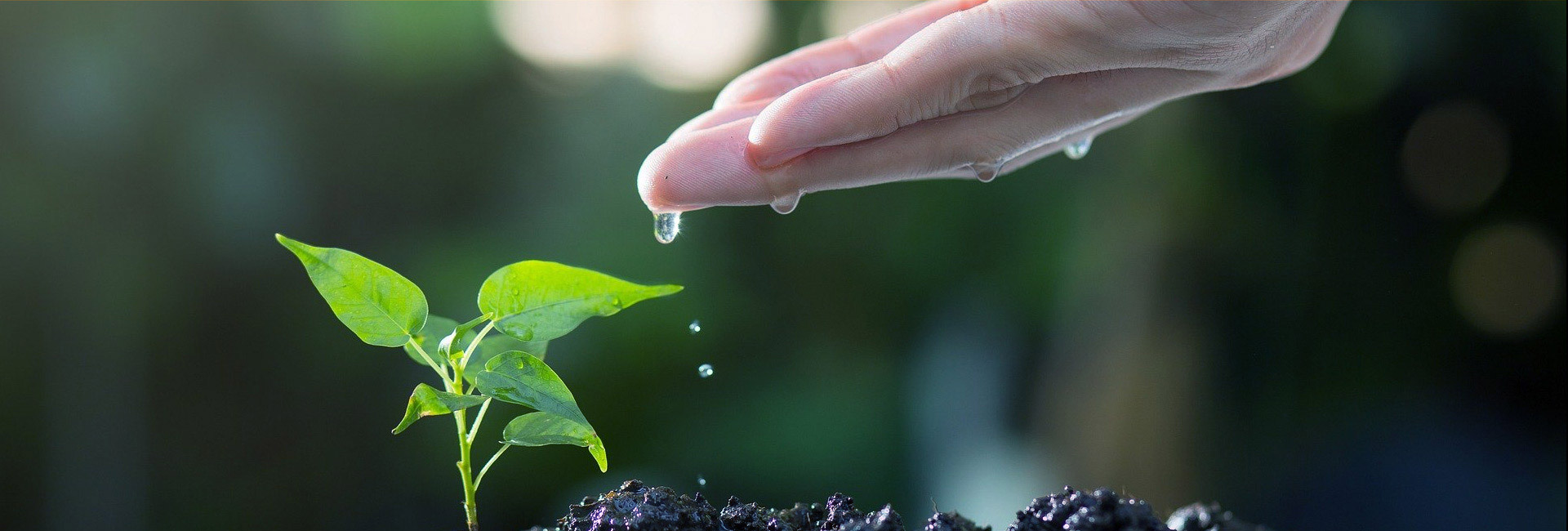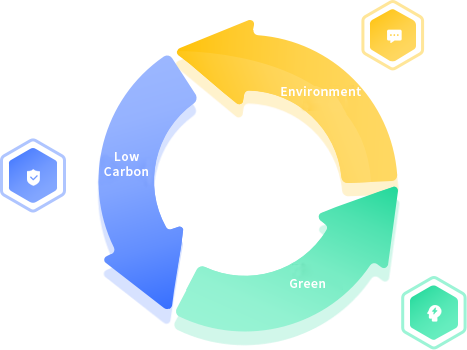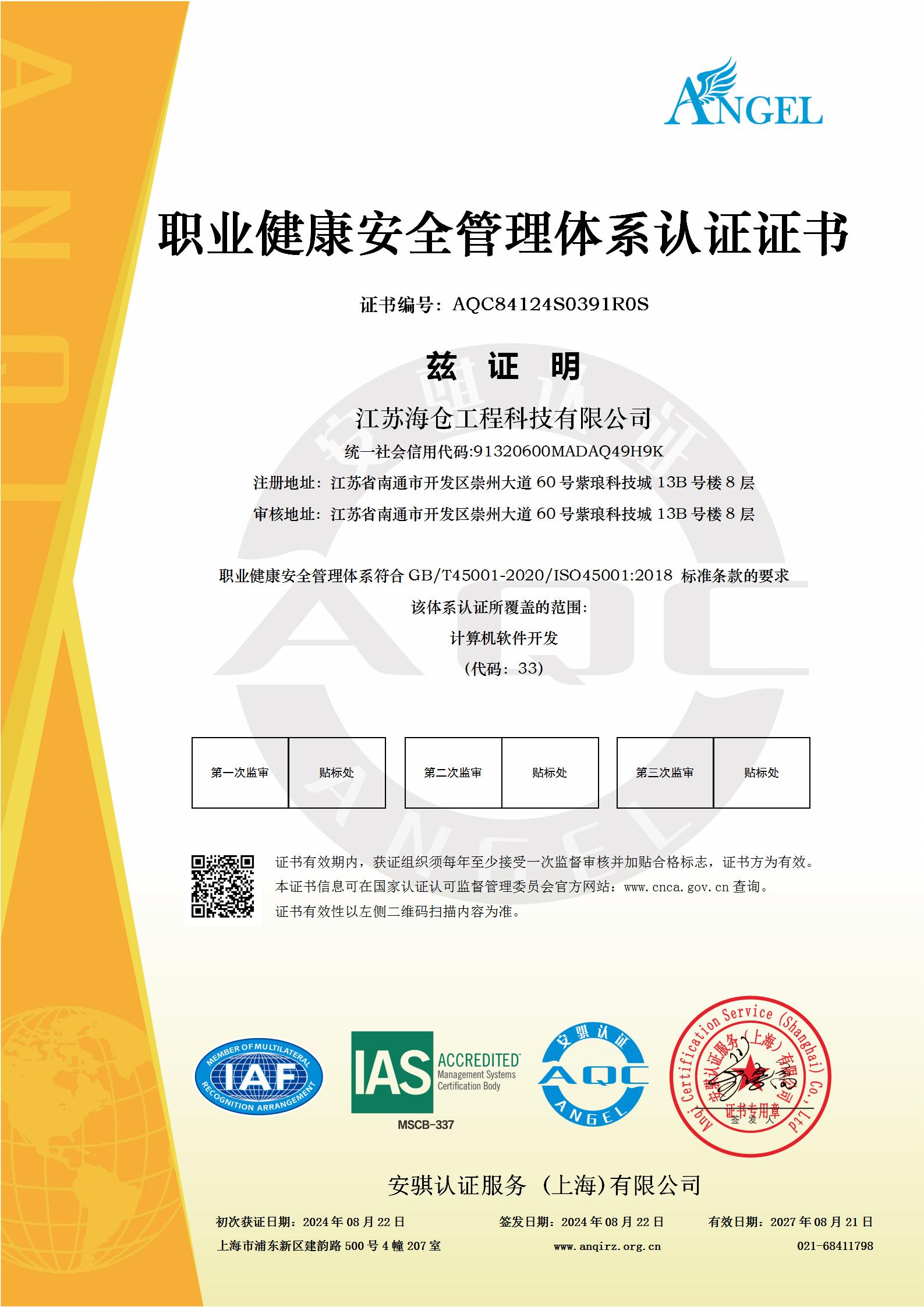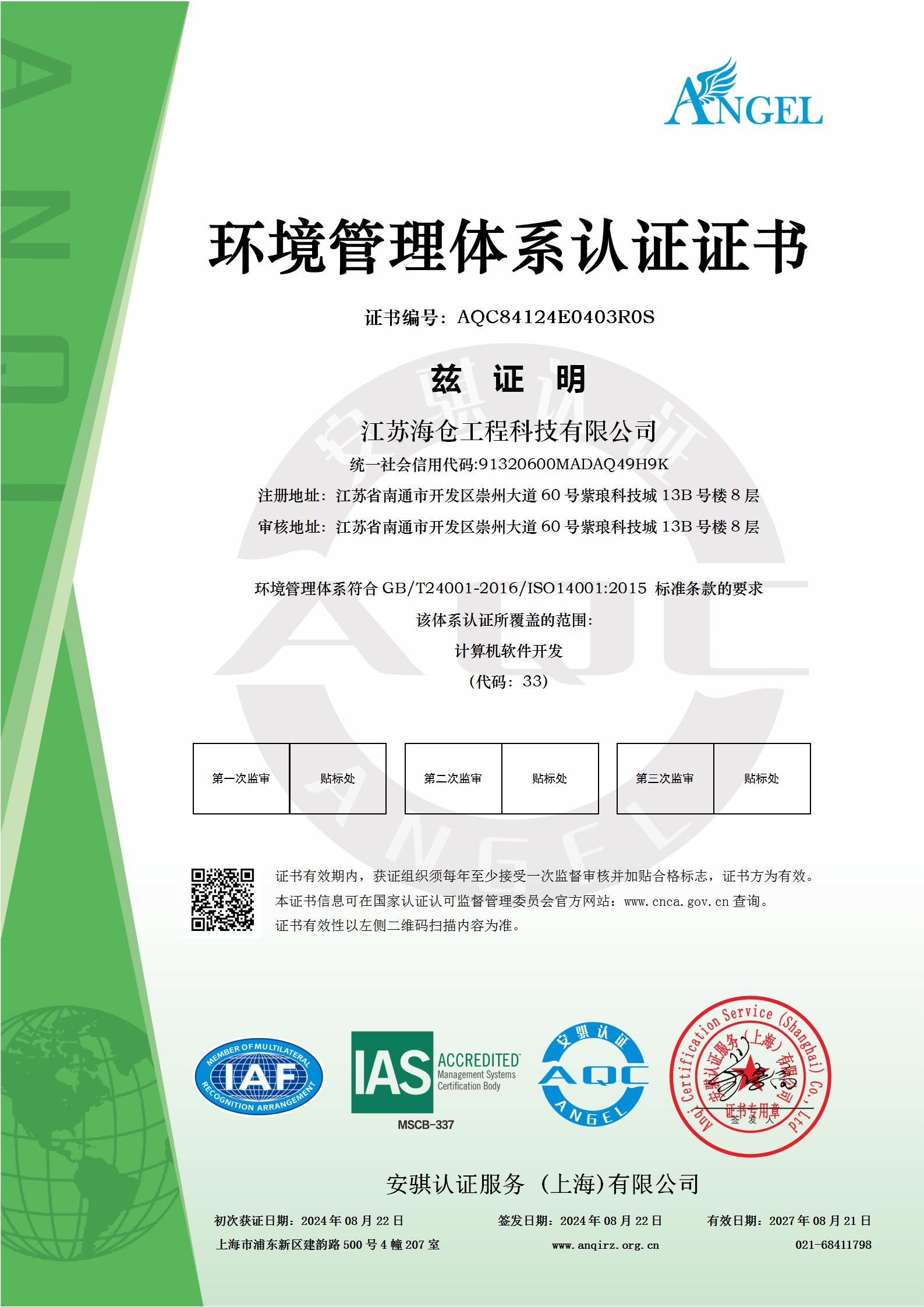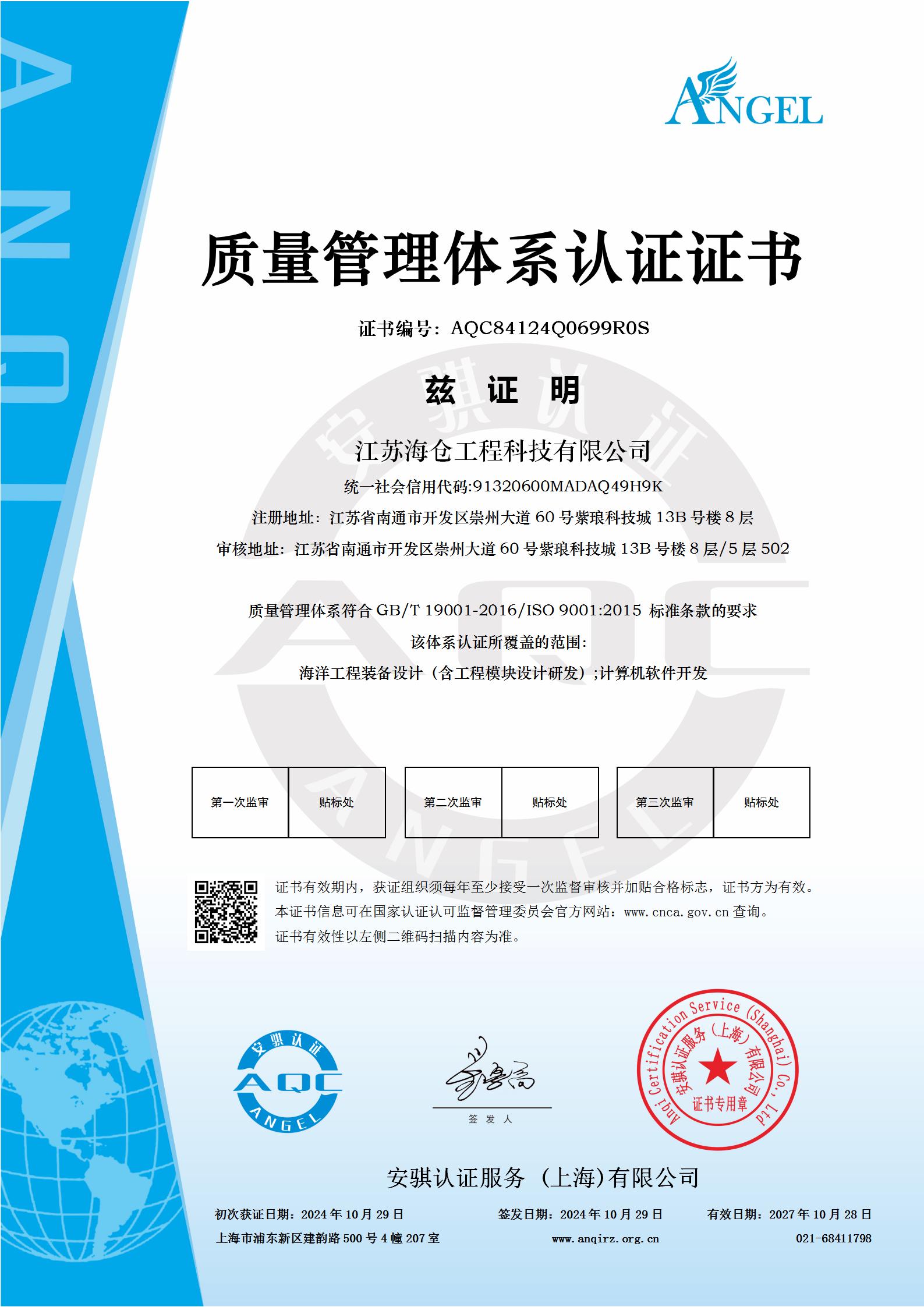OCB Quality Management
GB/T 24001/ISO 14001 Environmental Management System, GB/T 45001/ISO 45001 Occupational Health and Safety Management System, GB/T 19001/ISO 9001 Quality Management System
OCB Sustainable Development
OCB collaborates with numerous experts and scholars from China University of Petroleum and Ocean University of China, aiming to establish an advanced innovation institution for engineering modularization, digitization, and decarbonization in China, while contributing to the sustainable development of international marine energy.
Commitment to Technological Innovation
OCB using innovation to drive progress and lead industry transformation.
People-Centric Approach
OCB provides employees with abundant learning resources and growth opportunities.
Building a Solid Foundation for Governance
OCB continuously optimizes and improves its governance system in order to enhance corporate governance efficiency.
Focus on Integrity and Clean Governance
OCB is committed to building a clean supervision and management system.
Collaborative Win-Win Partnership
OCB collaborating with suppliers, customers, and other partners to create a new vision for green and low-carbon development.
Low-Carbon Philosophy
OCB actively participates in the construction of a low-carbon society, adhering to the philosophy of "protecting our home and caring for nature."
OCB continually delves into the field of new energy and the development of low-carbon engineering technologies, integrating green and low-carbon development concepts into its production and operational processes.
OCB Tech. Planning & Blueprints
OCB is firmly committed to an ecological priority and low-carbon, green, and sustainable development path, dedicated to fully realizing the blueprint for green and low-carbon development.
The company explores low-carbon processes, builds new productivity, and accelerates the green and low-carbon development of industries such as marine engineering and oil and gas chemicals.
